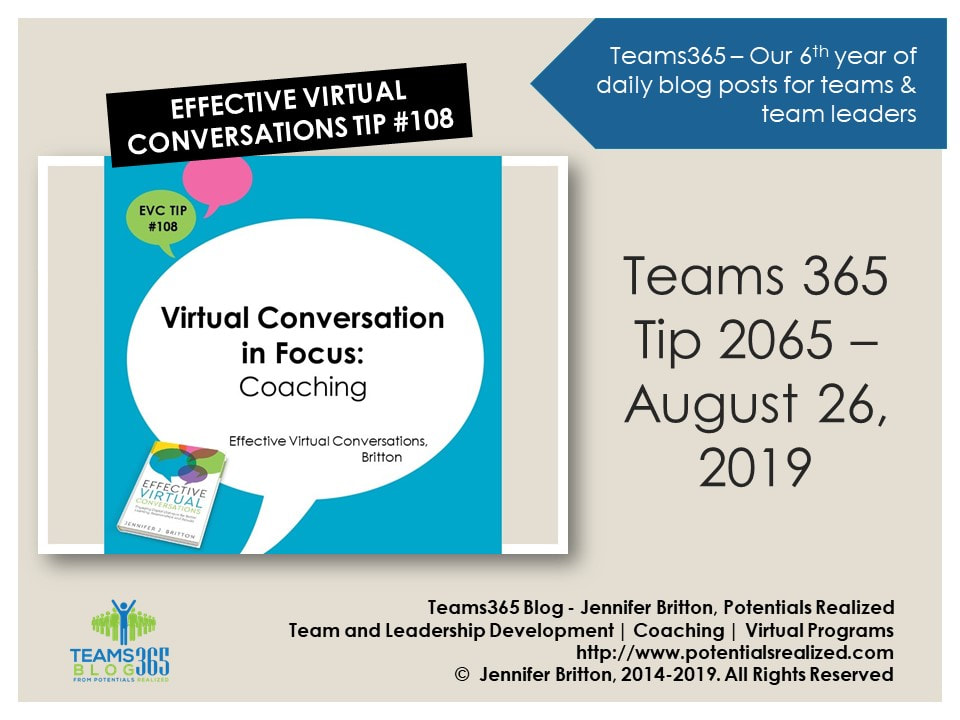Coaching has been leveraged by organizations and individuals for several decades now. Similar to sports coaching, business, executive and team coaching, supports individuals and systems to get their best work achieved. A coach is there to help a person/group/team tap into their knowledge, and create the conditions for success.
Whether it’s a business owner looking to accelerate their business, a leader to help their team be successful, or someone in career transition looking to land their next best role, coaching is a collaborative conversation, supporting the client to set goals, take action, expand their awareness and benefit from enhanced accountability. Together, these areas fuse to create the conditions to more focused and informed actions.
Let’s look at each one in turn. Coaching is grounded in helping the person or group/team being coached, get clearer on the results they want. As philosophers have written for millennium, without a clear destination it’s hard to get there. Work around vision as well as goal setting, and resourcing is foundational to the coaching processes.
Coaching is also about supporting informed action and also enhanced awareness. Many times, the things that help and hinder us are “below the waterline”. As I share in my recent workbook planner “PlanDoTrack”, it’s the habits, assumptions, values and beliefs which shape our behaviors and then results. Shein first published on this decades ago in his work from Harvard.
Think about it. As a team, if you have a belief that you will succeed with a task and have your leaders blessing to do what you need to do to make that happen, you are more likely to experiment, take risks, innovate, share information etc. If there is a belief that only one person will succeed, it’s likely that information won’t be shared, competition will ensue, and potentially you won’t be successful.
In coaching, we may spend a bulk of time “Going below the waterline” to explore, and make explicit these assumptions, beliefs, values which are driving and shaping decisions, behaviors and results.
Coaching is also beneficial due to the accountability between the coach and client. In today’s disrupted world, enhanced accountability can mean that we do keep our eyes on what’s important, rather than feeling whiplashed from bouncing from one marker to another. Peer accountability can play a key role when the coaching conversation is expanded to many, as in group and team coaching.
Where might coaching benefit your organization or your self? What results are you looking to achieve in the next 12 – 18 months?
Set up a call to discuss how we can support your organization with coaching services, or training of your leaders in coaching. Reach out with an email to me at [email protected].
I look forward to hearing from you,
Jennifer
Leadership | Teamwork | Business Success
Author of multiple books including Effective Virtual Conversations (2017), PlanDoTrack (2019) and From One to Many: Best Practices for Team and Group Coaching (2013)
Follow along with the #90DaysPlanDoTrack series over at Instagram @CoachingBizBuilder
Join the conversation at the Conversation Sparker Zone - our online community where you can explore virtual and team issues, coaching, productivity and business development.
Pick up a copy of Volume 1 of the Weekly Journaling Prompts in a digital format. Print it out and take it with you for some inspiration and writing on the go! Available at the Potentials Realized Store.

 RSS Feed
RSS Feed





